Sudan Accuses UAE of Genocide Complicity at World Court: A Fight for Justice Amidst Civil War
- by Suleiman, Sudan, RNG247
- about 9 months ago
- 189 views
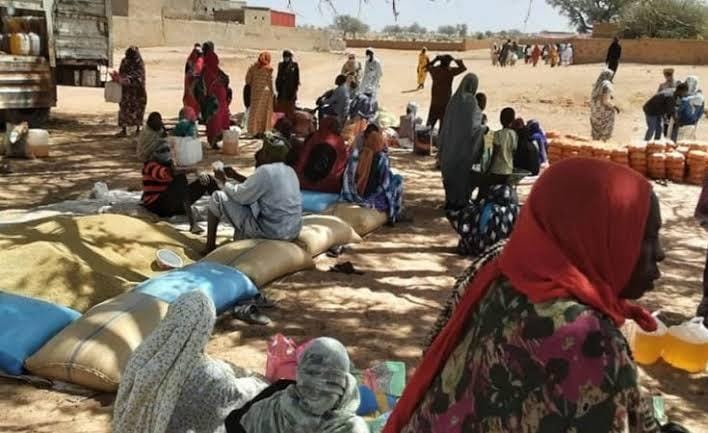
In a dramatic development at the International Court of Justice (ICJ), Sudan has formally accused the United Arab Emirates (UAE) of "complicity in genocide" amid the ongoing civil war that has ravaged the nation for two years. This unprecedented legal confrontation underlines the escalating tensions and dire humanitarian crisis stemming from a brutal conflict between Sudan's army and the paramilitary Rapid Support Forces (RSF), a war that has already claimed tens of thousands of lives and displaced more than 12 million people.
Sudan alleges that the UAE has been providing arms to the RSF, thereby facilitating a systematic campaign against the non-Arab Masalit community in West Darfur, which it claims is aimed at eradicating this ethnic group. The UAE has dismissed these allegations as a "cynical publicity stunt" and is seeking an immediate dismissal of the case, asserting it lacks validity.
The conflict has been marked by horrific reports of atrocities, with both the Sudanese army and RSF accused of human rights violations. Sudan's legal team contends that the RSF has engaged in targeted assaults against non-Arab entities, particularly the Masalit population, with the intent to destroy them as a distinct ethnic group. Among the grave allegations is the use of rape as a weapon against civilians—an act that further compounds the heinous nature of the ongoing violence.
In January 2025, the United States echoed Sudan's accusations, leveling claims of genocide against the RSF and imposing sanctions on its leader, Mohamed Hamdan Dagalo, known as Hemedti. Despite these accusations, Gen. Hemedti has staunchly denied targeting civilians deliberately.
The unique nature of this case arises from the ICJ's jurisdiction: Sudan's military government is unable to bring the RSF to the court, so it has redirected its grievances towards one of the RSF’s alleged supporters. Sudan's representatives argue that the atrocities could not have occurred without extensive financial, military, and political support from the UAE, including arms shipments, training for drones, and recruitment of mercenaries. Such actions, they claim, amount to complicity in genocide.
Sudan is not only seeking reparations for the catastrophic toll inflicted by the conflict but also urgent measures to prevent further acts of genocide. In its court appearance on Thursday, Sudan's legal team emphasized the imminent risk to the Masalit community and the necessity for the ICJ to intervene swiftly to thwart further atrocities.
In response, the UAE has vocally refuted the allegations, categorically denying any involvement in arming the RSF. The UAE’s officials have expressed their intention to pursue an immediate dismissal of the case, labeling it a "cynical PR stunt" intended to divert attention from Sudan's own documented crimes against its people and its failure to engage in authentic peace negotiations.
As the legal proceedings unfold, Sudan's team is calling for the ICJ judges to impose restrictions on the UAE, barring it from supplying resources to the RSF while demanding accountability for its actions in the conflict. However, most legal experts suggest that Sudan's case faces significant challenges. The UAE's sovereign reservatory stance under the Genocide Convention has historically limited ICJ's jurisdiction over similar accusations, heightening skepticism regarding the case's ultimate viability.
Within weeks, the court is expected to reveal whether it has the power to act on Sudan's proposals for provisional measures, an essential next step in ensuring protection for the vulnerable Masalit population. Although the ICJ's rulings carry legal weight, the court itself lacks direct enforcement mechanisms, raising further questions about the potential impact of its decisions.
As this landmark case proceeds, it shines a critical light on the international dynamics surrounding the Sudanese civil war, revealing the complex interplay of politics, ethics, and humanitarian rights that resonates far beyond the courtroom.





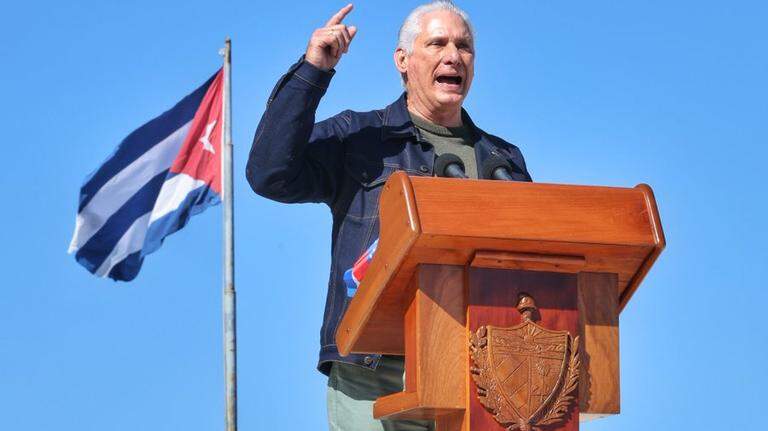
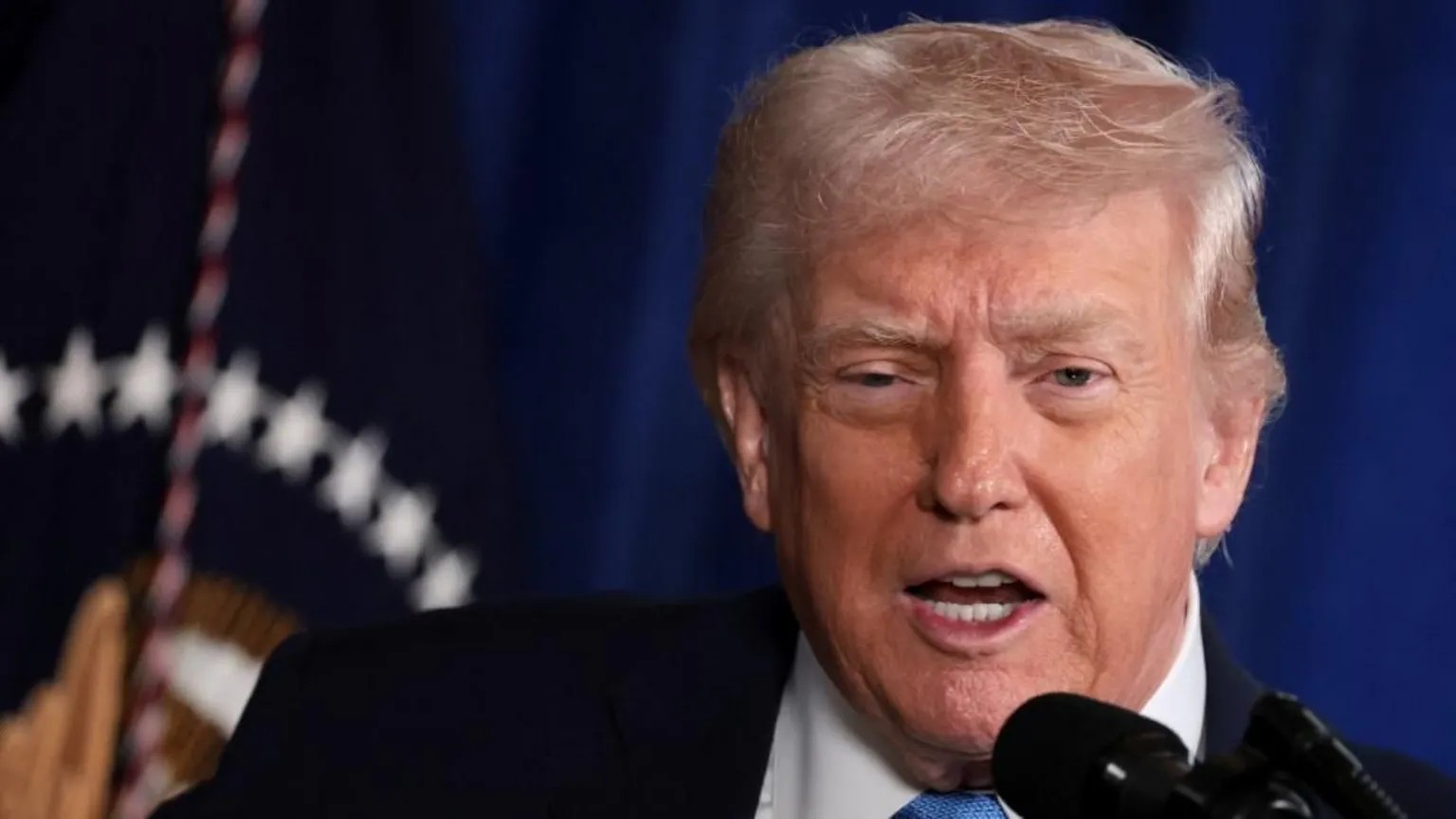
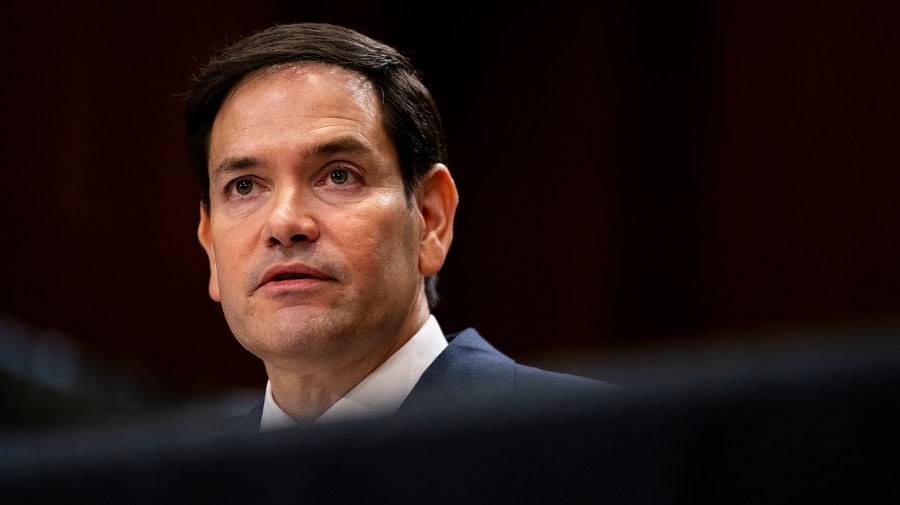
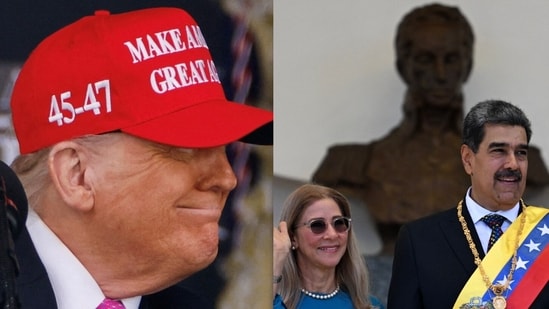
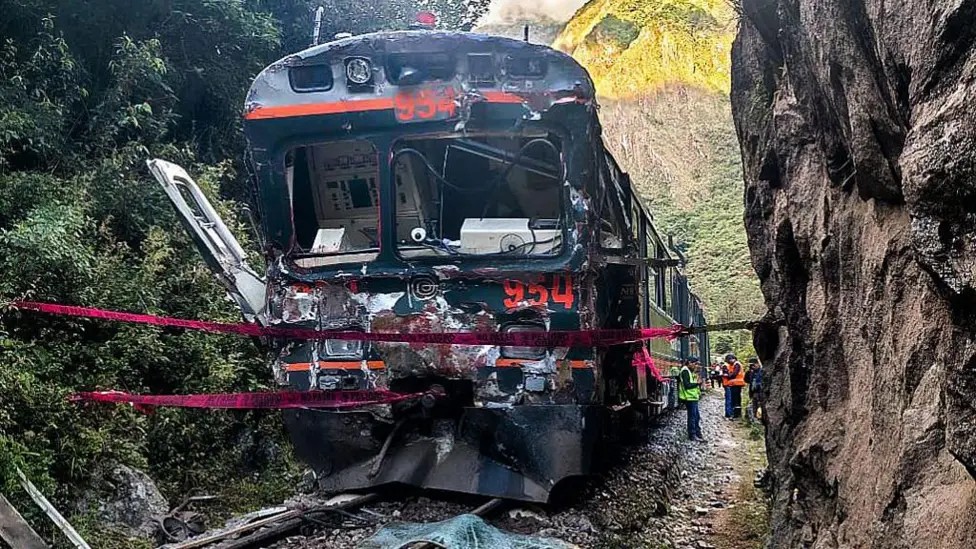

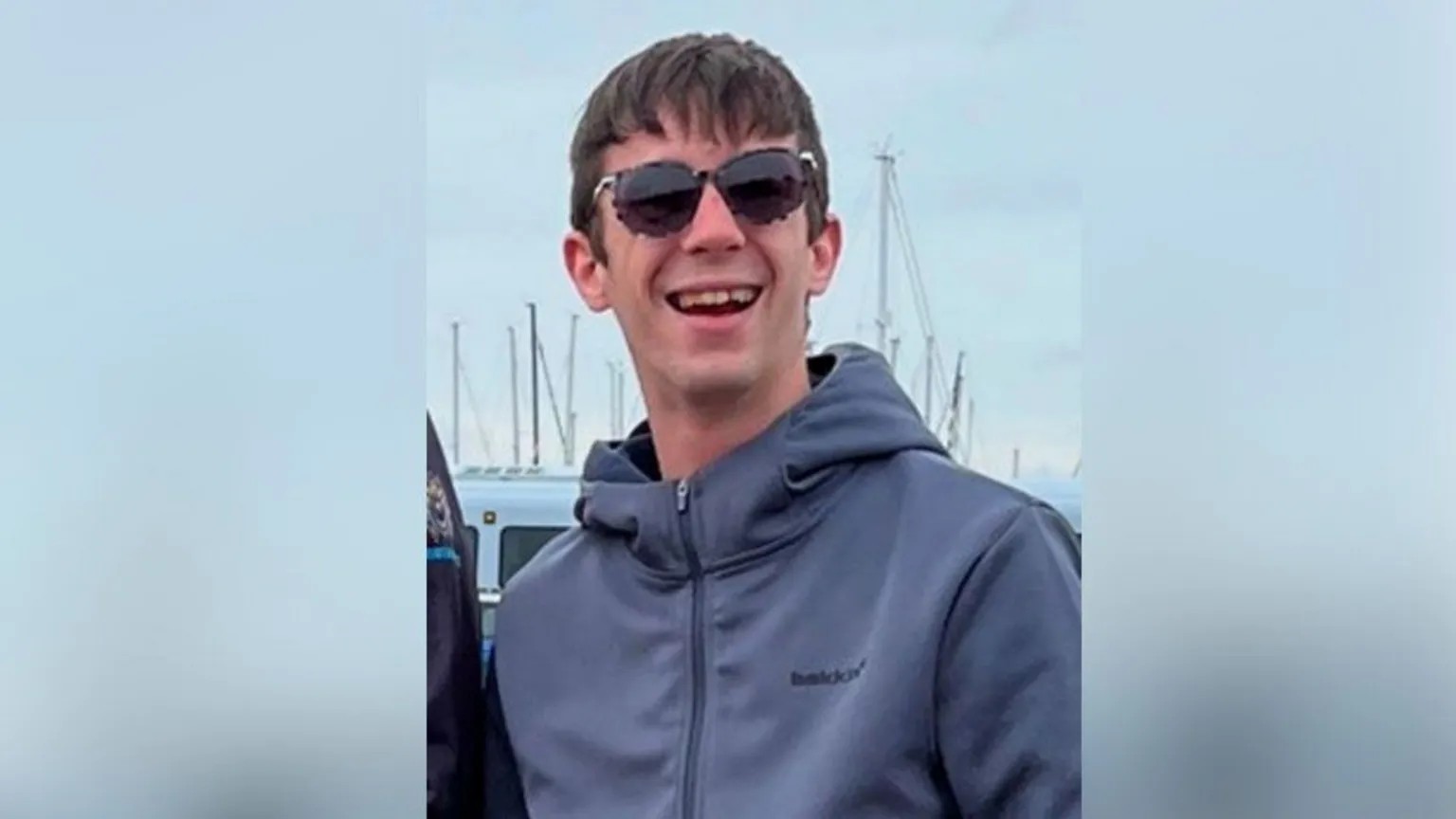
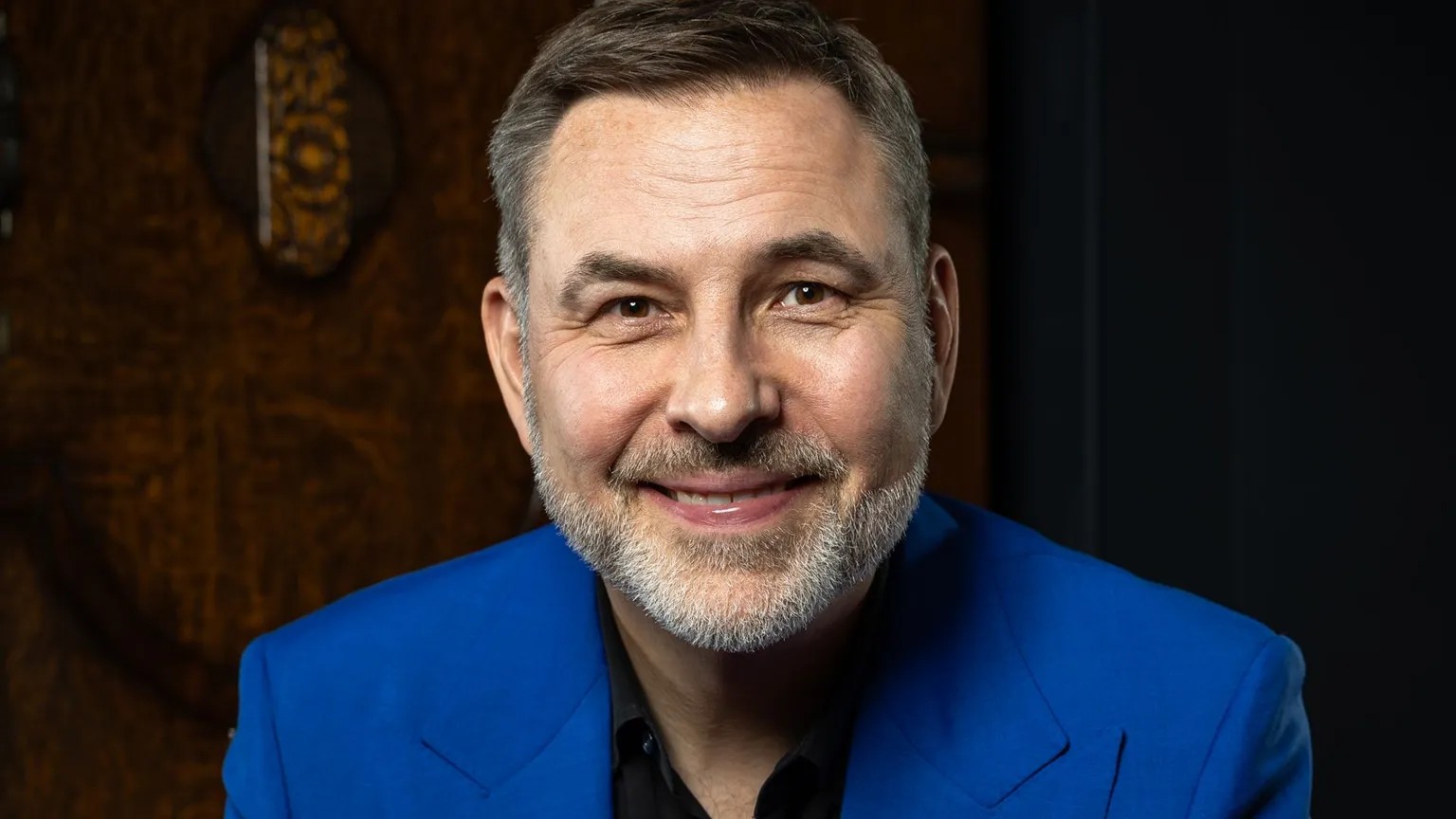
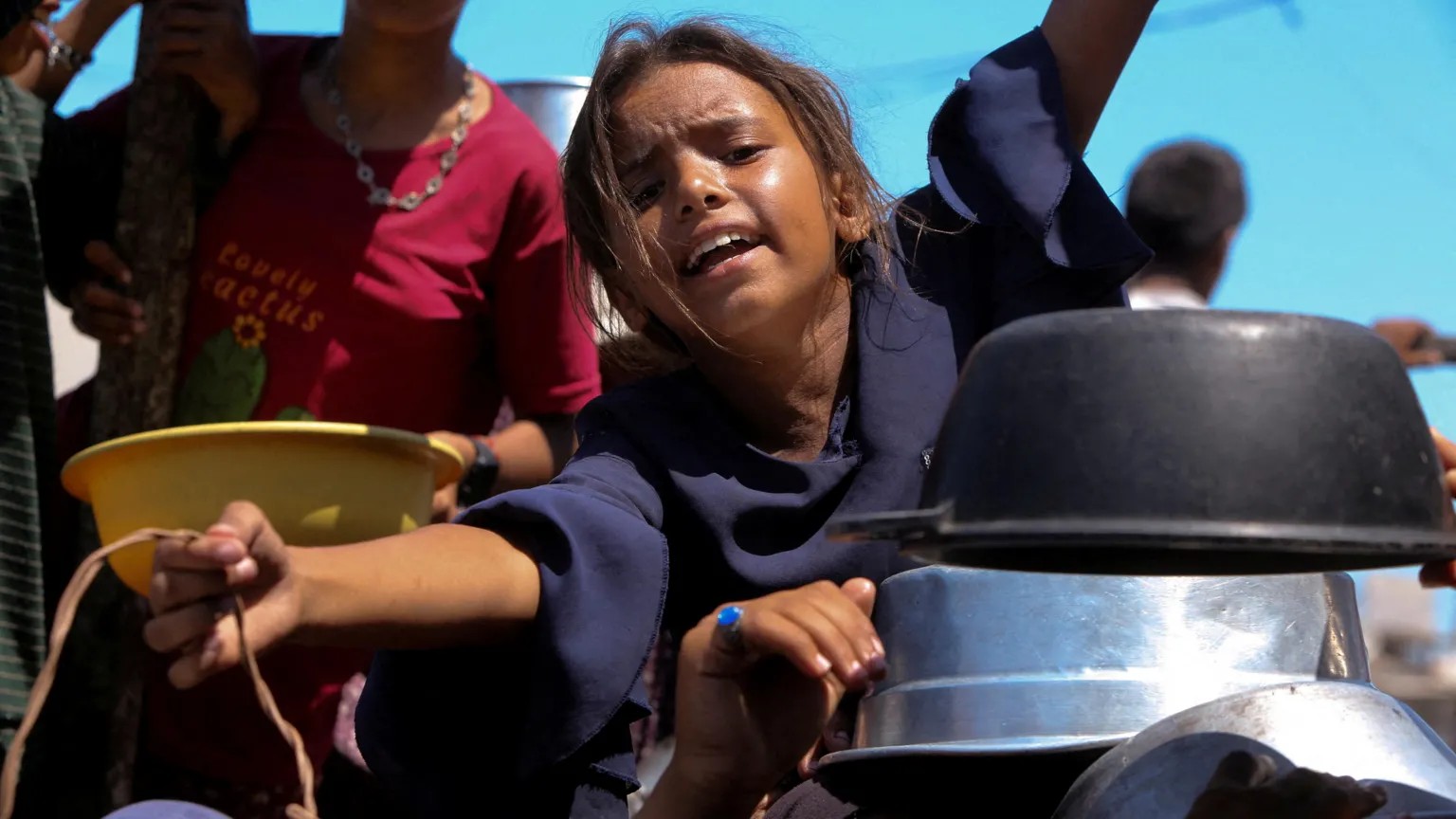
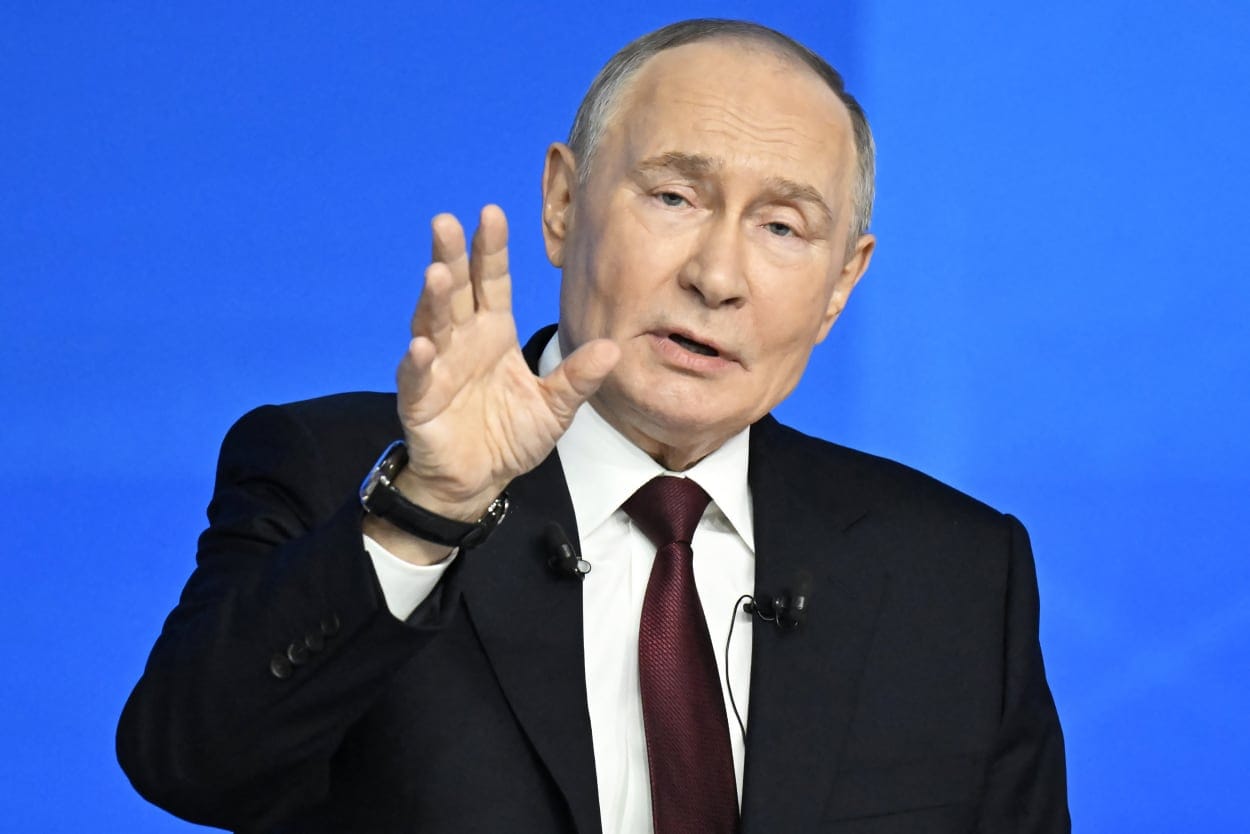

0 Comment(s)